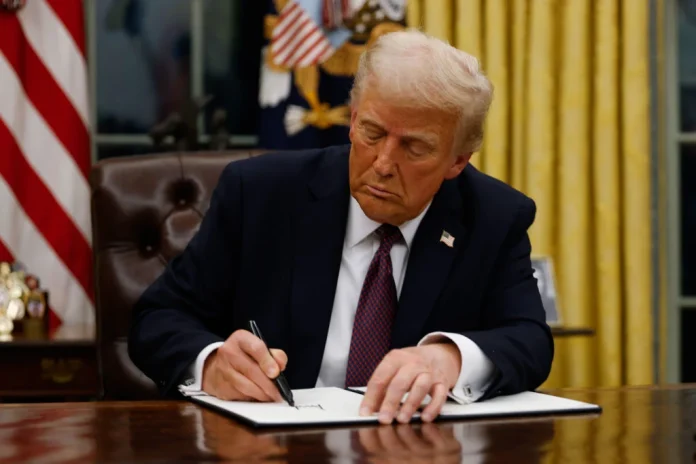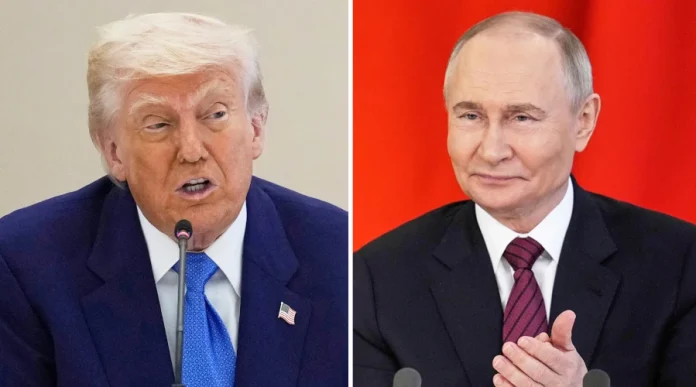Brazil’s political landscape is increasingly turbulent, as President Luiz Inácio Lula da Silva, commonly known as Lula, faces mounting pressure from opposition parties and civil society groups amid growing concerns over economic management, corruption allegations, and government transparency. Despite his popularity in the 2021 election and promises of progressive reforms, his administration has found itself embroiled in political challenges that threaten to derail his agenda and undermine his credibility.
Lula’s return to office after a controversial imprisonment in 2017 and subsequent exoneration marked a new chapter in Brazilian politics. His campaign, which focused on reducing inequality, tackling environmental degradation in the Amazon, and re-establishing Brazil’s leadership on the global stage, garnered widespread support. However, his administration’s handling of key economic and governance issues has increasingly come under scrutiny.
One of the primary sources of discontent has been the economic situation in Brazil. After inheriting an economy still recovering from the global pandemic and years of political instability, Lula’s government has struggled to bring inflation under control, and unemployment rates remain high. While his administration initially introduced policies aimed at stimulating the economy and supporting low-income families, critics argue that these measures have been ineffective, failing to address the structural problems in Brazil’s economy.
A growing number of opposition figures have pointed to the economic difficulties as a reason to push for Lula’s impeachment. The charges range from accusations of fiscal mismanagement to concerns over alleged corruption within his government. While Lula himself has not been directly implicated in any new corruption scandals, his party, the Workers’ Party (PT), has long been associated with a series of high-profile corruption cases, including the infamous “Operation Car Wash” investigation that led to his own legal troubles. This historical context has led to increased skepticism about his administration’s commitment to transparency and anti-corruption reforms.
In addition to economic concerns, Lula’s government has faced criticism over its handling of the environmental crisis, particularly in the Amazon. The Brazilian president made headlines with his promises to combat deforestation and reverse the damage done by previous administrations. However, the reality on the ground has been less optimistic. Despite some positive changes in policy and stronger international commitments to protect the Amazon, illegal logging and mining activities have continued at an alarming rate. Environmental groups have criticized the government for not doing enough to curb these activities, while some within the administration argue that economic growth in the region is still heavily dependent on resource extraction.
As the president faces mounting opposition, some members of Congress have started pushing for his impeachment. The legal basis for such a move remains uncertain, with many questioning whether the accusations against Lula are substantial enough to warrant the extreme measure of impeachment. However, Lula’s political enemies are emboldened, hoping that public dissatisfaction with the economic and environmental situation will pave the way for a successful push to remove him from office.
The political division in Brazil is also heightened by the polarized nature of the country’s recent elections. Supporters of former President Jair Bolsonaro, a far-right politician who lost to Lula in 2022, continue to challenge Lula’s legitimacy, accusing him of undermining democratic institutions and promoting left-wing policies that are harmful to Brazil’s national interests. In contrast, Lula’s supporters see his administration as a necessary correction to the far-right populism of Bolsonaro and are calling for greater unity and focus on Brazil’s long-term prosperity.
With the 2026 presidential election on the horizon, the situation remains fluid. Whether Lula can recover politically and implement the necessary reforms to address the pressing issues facing Brazil remains to be seen. What is clear, however, is that his administration is at a crossroads, and the coming months could prove decisive for the future of his government and Brazil’s political stability.




